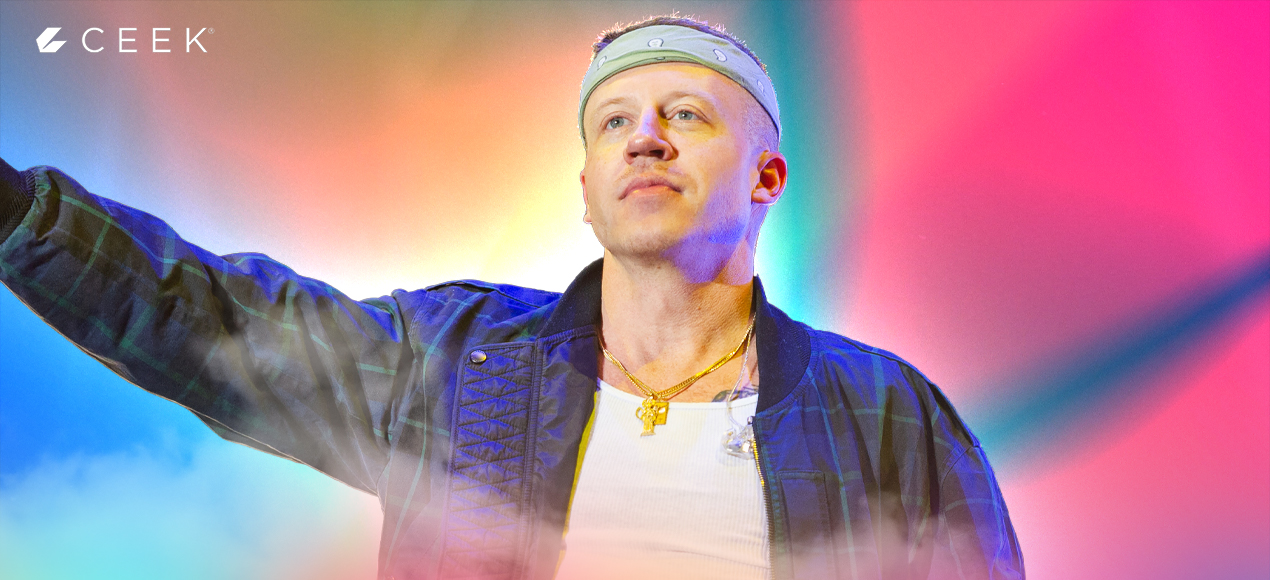



Macklemore Exclusive Interview With CEEK VR!
It was only a few years ago that Macklemore and his collaborator Ryan Lewis came seemingly out of nowhere to take the music industry by storm, and all without the help of a major label. The duo deb...




Sign Up for Updates

EXPLORE THE WORLD OF VIRTUAL REALITY
WITH YOUR CEEK VR HEADSET AND CEEK VR APP
CEEK has been featured in...